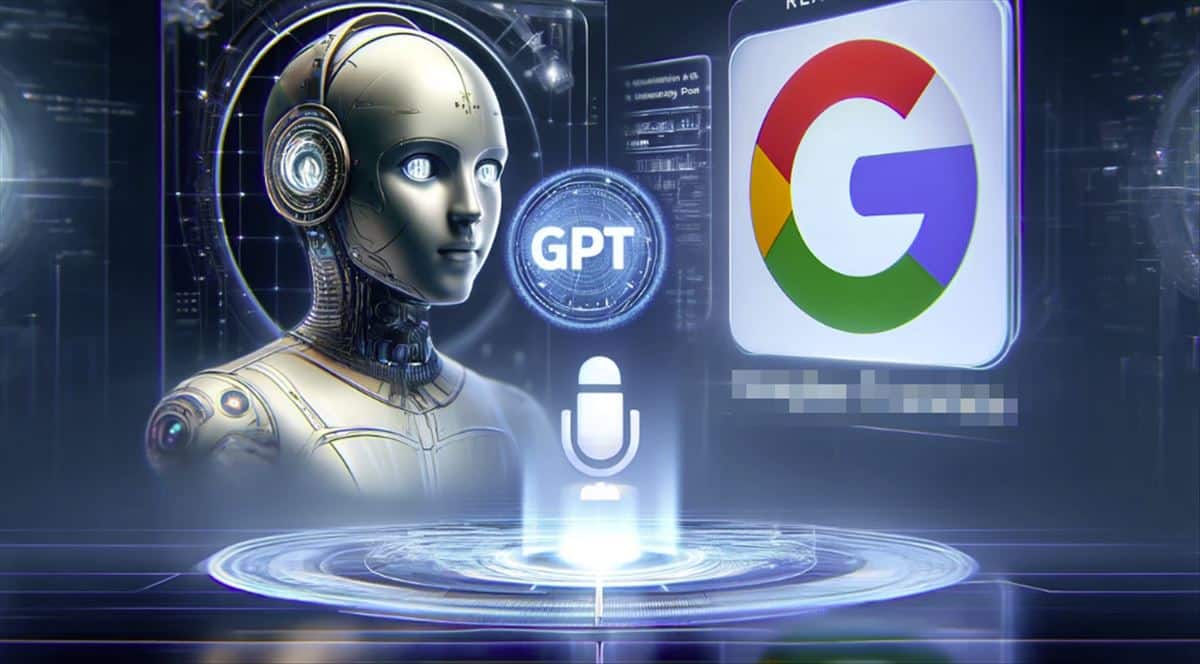AI in Travel is revolutionizing the way we explore the world, offering more personalized, efficient and comfortable experiences. From planning to post-experience, artificial intelligence optimizes every stage of the journey.
- 1. Introduction
- 2. Before the Trip: Smart Planning
- 3. During the Journey: AI for a Personalized Experience
- 4. After the Trip: AI in the Post-Experience
- 5. Benefits and Challenges of Travel AI
- 6. Conclusion
1. Introduction
Artificial intelligence has revolutionized many industries, and tourism is no exception. AI in travel is changing the way we explore the world, making every experience more convenient, personalized and efficient.
From planning to post-experience, AI-based technology is optimizing every stage of the journey. Today, travelers can receive personalized recommendations, find offers in seconds and overcome language barriers with real-time translation.
In this article, we will explore how travel AI is transforming the industry and facilitating every part of the process.
2. Before the Trip: Smart Planning
Destination Search with AI
Before traveling, many people research online. Platforms such as Google, TripAdvisor and Expedia use travel AI to analyze preferences and suggest ideal destinations.
The algorithms of these platforms study search trends and opinions of other users to offer accurate recommendations, ensuring that each traveler finds the best option.
Virtual Assistants and Travel Chatbots
Chatbots and voice assistants have revolutionized the way we plan our trips. Today, airlines, agencies and hotels use AI in travel to answer questions in real time and personalize the user experience.
Assistants such as Siri, Google Assistant and Alexa help plan itineraries, find flights and solve travelers’ questions, making planning easier.
Intelligent Reserves
The use of AI in travel has improved the way we book flights and hotels. Tools like Skyscanner and Hopper analyze millions of pieces of data to predict the best times to buy airline tickets or book accommodations at the best price.
In addition, many hotels use AI algorithms to offer personalized discounts and exclusive promotions based on user behavior.
3. During the Journey: AI for a Personalized Experience
Check-in and Smart Hotels
Once at the destination, AI in travel remains key. Today, many hotels are using smart locks, automated check-ins and in-room virtual assistants to offer a smoother and more comfortable stay.
In addition, some luxury hotels have virtual assistants that respond to room service requests or control the lighting and temperature according to the guest’s preferences.
Real Time Translation
One of the biggest challenges when traveling is language, but AI in travel has eliminated this barrier. Applications such as Google Translate and instant translation devices allow travelers to communicate with ease anywhere in the world.
Some smart headsets even use AI to translate conversations in real time, making interaction with locals more fluid and authentic.
Personalized Recommendations
With the help of AI in travel, travelers can receive recommendations tailored to their tastes. Applications such as Google Maps, Yelp and TripAdvisor suggest personalized restaurants, activities and routes based on the user’s location and previous preferences.
In addition, there are AI-based interactive tourist guides that allow travelers to discover detailed information about monuments, museums and attractions while exploring a city.
4. After the Trip: AI in the Post-Experience
Automatic Photo and Video Editing
The impact of AI on travel doesn’t end with the return home. Platforms such as Google Photos and Adobe Sensei use artificial intelligence to enhance images, organize albums and create automatic videos with the best moments of the trip.
Thanks to AI, it is now easier to edit photos and videos professionally without advanced knowledge.
Smart Opinions and Recommendations
Reviews play a key role in the travel industry. Companies such as TripAdvisor and Booking have implemented travel AI to analyze millions of reviews and provide automated responses, improving customer interaction.
In addition, artificial intelligence helps filter out false reviews and provide more accurate recommendations based on the traveler’s interests.
Loyalty and Personalized Offers
Airlines and travel agencies use travel AI to analyze booking history and offer personalized promotions to frequent travelers.
Thanks to AI, users can receive alerts about exclusive discounts on destinations they have previously visited or experiences similar to their past trips.
5. Benefits and Challenges of Travel AI
Benefits:
Total customization: Travelers receive recommendations tailored to their interests.
Saving time and money: AI predicts best prices and avoids unnecessary costs.
Mayor accesibilidad: People with disabilities can benefit from AI tools that facilitate mobility and communication.
Challenges and Risks:
Lack of human contact: Tourism may become less personal with automation.
Privacy and data usage: Many platforms collect personal information to improve the experience of the user..
Dependence on technology: If a system fails, it can affect the traveler’s experience.
6. Conclusion
Artificial intelligence is changing the way we travel, optimizing every phase of the journey to make it more efficient and enjoyable. From planning to post-experience, AI in travel offers personalization, time savings and access to innovative tools that make it easier to explore new destinations.
However, despite the benefits, it is important to find a balance between automation and human interaction to continue to enjoy authentic experiences.





